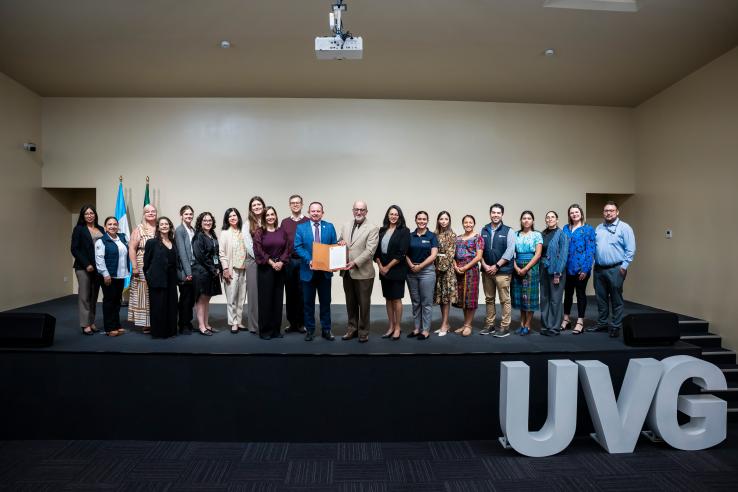Displaying 6886 - 6900 of 8474
Person
Laura Feeney is the Executive Director of J-PAL North America. Laura leads the office’s efforts to reduce poverty by ensuring policy is informed by rigorous evidence in the region. She sets the organization's strategic vision and advises on the office's research, policy outreach, capacity building...
Person
Person
Person
Jawad Lahlou is a Project Manager at the Morocco Innovation and Evaluation Lab, where he supports large-scale evaluations in partnership with Morocco’s Ministry of Education.
Person
Malek Jaziri is a Research Associate at the Morocco Innovation and Evaluation Lab (MEL), J-PAL Middle East and North Africa.
Person
Person
Person
Update
J-PAL Updates
J-PAL Latin America and the Caribbean (LAC) presents a summary of the achievements in 2025 and the office's main goals for 2026. Find the latest updates on policy-relevant research, initiatives, courses, events, resources, and more.
Person
Arindam Mukherji manages donor relations, fundraising, proposal development and financial performance of projects at J-PAL South Asia.
Person
Person
Person
Beenu Rawat is a Finance Manager at J-PAL South Asia, where she handles the financial and grant management of the office
Person
Aya Elbahtieny is an Administrative Assistant at J-PAL Middle East and North Africa, where she oversees key office responsibilities.
Person
